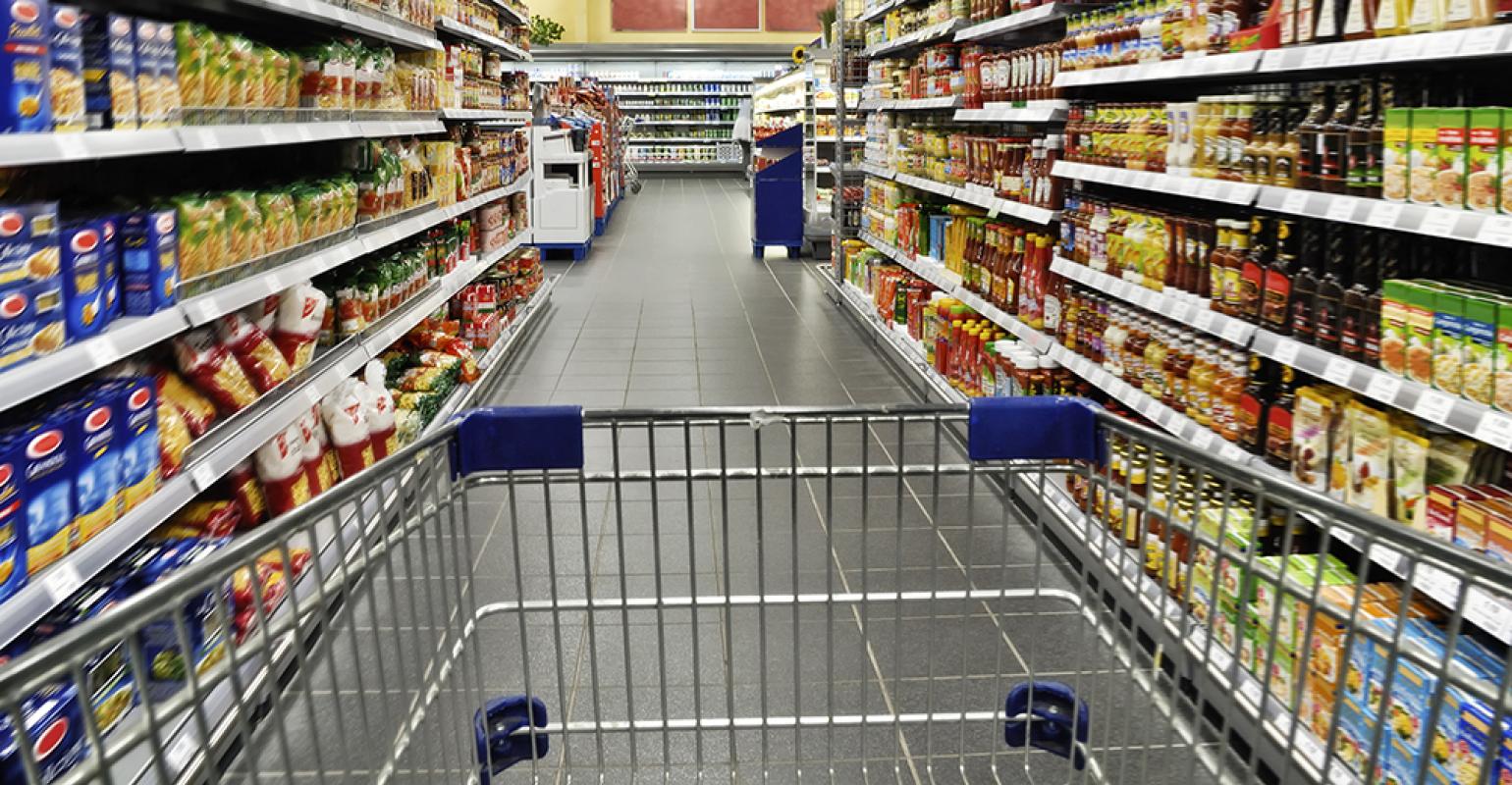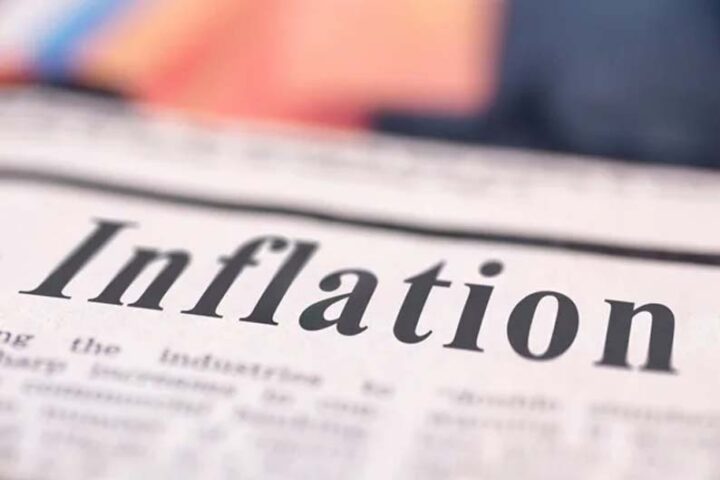Although the latest statistics showed that inflation in Cyprus came in lower than expected, and below the Eurozone target average of 2%, that could justify a cut in interest rates, the situation for consumers remains dire.
The ‘real economy’ continues to suffer with small to medium sized enterprises shutting down almost on a daily basis, unable to cope with rising electricity costs and fuel, which is about to go further up due to an increase in world crude prices.
At the same time, small businesses continue to fork out a long list of local fees and taxes, which do not seem to be coming down, despite desperate efforts by incoming mayors to make promises in exchange for votes.
On the other hand, the consumers’ association said that the Energy Ministry is not transparent when it comes to explaining the complex and long formula that determines fuel prices at the pump. It added that there is a significant part of the component that is not based on confidential information and that it should be release to the public.
Had this happened, the association said, fuel prices could have been lower by about 3-4c a litre during the October to December period.
And it is not only the price of ‘black gold’ that is burdening consumers and households in general, especially as traders pass the higher cost onto the retail shelf prices of goods and on services.
Now, even the price of olive oil has gone up by 54% during the past year, with a litre of the ‘green gold’ up by a further 3.4% in February alone.
Some other goods and services helped lower the consumer price index, allowing inflation to remain in check, but at the end of the day, certain prices remain rigid and constantly on an upward trend, as there is no healthy competition in several sectors of the Cyprus economy.
Even the ‘photovoltaics for all’ scheme, heralded by the energy ministry as the sole saviour of the economy (despite the ministry dragging its feet in importing cheaper natural gas to produce electricity), has its faults, as many households that are struggling to lower their energy consumption are being punished for not affording to invest in lower-energy appliances.
In other words, prices will continue to rise, the cost of running a business or maintaining an average household will become even more prohibitive, and the current administration refuses to introduce more measures to support the growing number of vulnerable people, because it said it is trying to maintain a sound fiscal policy.
Perhaps, not dishing out generous wages and multiple pensions to undeserving politicians and high-scale civil servants would be a wiser fiscal policy.
Until then, we will continue to walk to work and drink more water, the price of which, for now, has not yet gone through the roof.










